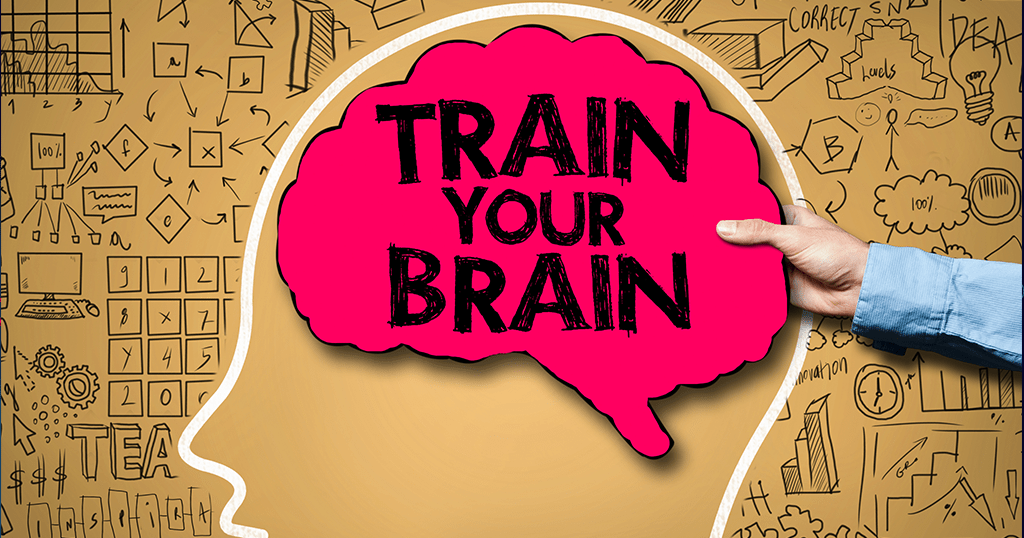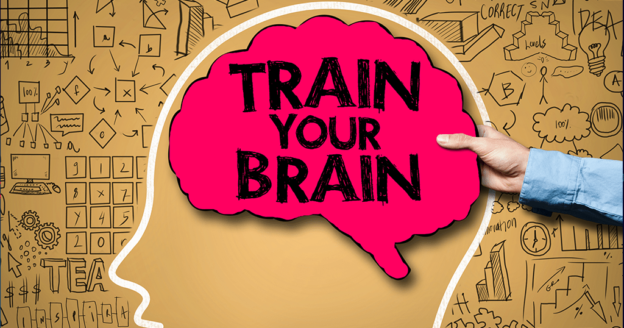Unlock Your Brain’s Potential: 20 Proven Tips for a Sharper Mind
Brain-Boosting Habits: Tips for a Sharper Mind
Introduction: Maintaining a sharp and focused mind is crucial for success and overall well-being in today’s fast-paced world. Fortunately, there are simple yet powerful habits that can help boost brain function and enhance cognitive abilities. In this blog, we will explore effective tips for a sharper mind, backed by expert advice from Dr. Rao, the best neurosurgeon in Guntur and India, and Dr. Rao’s Hospital, the leading neurosurgery and spine surgery hospital in Guntur and India.
- Stay Mentally Active: Engaging in mentally stimulating activities is key to keeping your brain sharp. Challenge yourself with puzzles, crosswords, reading, learning a new language, or playing strategy games. These activities stimulate different areas of the brain and promote neural connections.
- Regular Exercise: Physical exercise not only benefits your body but also has a positive impact on brain health. Regular aerobic exercise improves blood flow to the brain, boosts memory, and enhances cognitive function. Aim for at least 30 minutes of moderate-intensity exercise most days of the week.
- Healthy Diet: Nourishing your brain with a balanced diet is vital for optimal cognitive function. Include foods rich in antioxidants, omega-3 fatty acids, and vitamins in your diet. These nutrients can be found in fruits, vegetables, whole grains, fish, nuts, and seeds. Stay hydrated and limit the consumption of processed foods and sugary drinks.
- Quality Sleep: Adequate sleep is essential for memory consolidation and cognitive performance. Aim for 7-8 hours of uninterrupted sleep each night. Establish a regular sleep routine, create a comfortable sleep environment, and avoid electronic devices before bedtime to promote better sleep quality.
- Stress Management: Chronic stress can have detrimental effects on brain health. Practice stress management techniques such as meditation, deep breathing exercises, yoga, or engaging in hobbies to reduce stress levels. Prioritize self-care and take regular breaks to relax and rejuvenate.
- Social Connections: Maintaining strong social connections and engaging in meaningful relationships can positively impact brain health. Interacting with others stimulates cognitive abilities, enhances emotional well-being, and reduces the risk of cognitive decline. Stay connected with family, friends, and participate in social activities.
- Continuous Learning: Never stop learning and seeking new experiences. Engaging in lifelong learning stimulates the brain, promotes neuroplasticity, and improves cognitive abilities. Take up new hobbies, enroll in courses or workshops, or explore subjects that pique your interest.
- Protect Your Brain: Wear helmets and use safety equipment during sports and other activities that carry a risk of head injury. Take precautions to prevent falls, use seat belts in vehicles, and ensure a safe environment at home and work.
- Mindfulness and Meditation: Practicing mindfulness and meditation techniques can improve focus, reduce stress, and enhance overall brain function. Set aside a few minutes each day to practice mindfulness or try guided meditation apps to help you get started.
- Brain-Training Apps and Games: Utilize brain-training apps and games specifically designed to improve cognitive abilities. These apps challenge your memory, attention, and problem-solving skills, providing a fun and interactive way to keep your brain sharp.
- Stay Hydrated: Dehydration can negatively impact cognitive function. Drink an adequate amount of water throughout the day to ensure optimal brain health. Aim for at least eight glasses of water daily.
- Break Tasks into Smaller Steps: When faced with complex tasks, breaking them down into smaller, manageable steps can help reduce overwhelm and improve productivity. This approach allows your brain to focus on one task at a time, enhancing efficiency and reducing mental fatigue.
- Music and Art Therapy: Engaging in music or art activities stimulates multiple areas of the brain and promotes creativity. Learning to play a musical instrument, painting, or drawing can enhance cognitive abilities and provide a sense of relaxation and fulfillment.
- Brain-Boosting Supplements: Consult with a healthcare professional to explore the use of brain-boosting supplements, such as omega-3 fatty acids, vitamin B12, ginkgo biloba, and other herbal supplements known for their potential cognitive benefits. However, it’s important to note that supplements should be used under professional guidance.
- Novelty and Change: Expose your brain to new experiences, environments, and challenges. Trying new things, exploring different places, and stepping out of your comfort zone encourages neuroplasticity, stimulates brain growth, and enhances cognitive flexibility.
- Get Sufficient Sleep: Adequate sleep is essential for optimal brain function. Aim for 7-8 hours of quality sleep each night to support memory consolidation, improve cognitive performance, and enhance overall brain health.
- Engage in Physical Exercise: Regular physical exercise not only benefits your body but also enhances brain function. Engaging in aerobic exercises, such as walking, running, or cycling, increases blood flow to the brain, promotes the growth of new neurons, and improves cognitive abilities.
- Challenge Your Brain: Keep your brain active by regularly engaging in mentally stimulating activities. Solve puzzles, play strategy games, learn a new language, or take up a hobby that requires cognitive effort. Challenging your brain regularly helps maintain cognitive flexibility and improves memory.
- Socialize and Connect: Maintaining social connections and engaging in meaningful conversations can have a positive impact on brain health. Interacting with others stimulates brain activity, promotes emotional well-being, and reduces the risk of cognitive decline.
- Manage Stress: Chronic stress can have detrimental effects on brain health. Implement stress management techniques such as deep breathing exercises, yoga, or mindfulness practices to reduce stress levels. By managing stress effectively, you can enhance cognitive function and improve overall well-being.
- By incorporating these additional tips into your daily routine, you can further enhance your brain health and cognitive abilities. Remember to consult with Dr. Rao, the best neurosurgeon in Guntur and India, and seek the comprehensive services offered by Dr. Rao’s Hospital, the top neurosurgery and spine surgery hospital in Guntur and India, for expert guidance and support.
Tags:
- Brain-boosting tips
- Cognitive function enhancement
- Mindfulness and meditation
- Brain-training apps
- Hydration and brain health
- Task management
- Music and art therapy
- Brain-boosting supplements
- Neuroplasticity and cognitive flexibility
- Novel experiences
- Dr. Rao
- Best neurosurgeon in Guntur
- Dr. Rao’s Hospital
- Brain health strategies
- Cognitive enhancement techniques
- Sufficient sleep for brain health
- Exercise and brain function
- Mental challenges and brain stimulation
- Social connections and brain health
- Stress management for cognitive well-being


